| Fiction: Printable eBooks and Worksheets |
|---|
| www.studenthandouts.com > Printable Texts > Printable Fiction |
 | 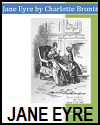 | 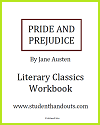 | 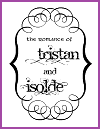 | 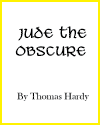 | ||||||
| Worksheets to Accompany Island of the Blue Dolphins by Scott O'Dell | Jane Eyre by Charlotte Brontë | Pride and Prejudice by Jane Austen | Tristan and Isolde | Jude the Obscure by Thomas Hardy |
 | ||||||||||
| A Tale of Two Cities by Charles Dickens | Tess of the d'Urbervilles by Thomas Hardy | Dracula by Bram Stoker |
|
Reading classic literature is a crucial component of junior and senior high school English education for several reasons. Cultural Literacy: Classic literature exposes students to historical contexts, cultural norms, and societal values from different time periods, enriching their understanding of the world and its evolution. Critical Thinking and Analysis: Engaging with complex narratives and themes in classic literature develops students' critical thinking and analytical skills. They learn to interpret symbolism, understand nuanced characters, and critique various literary elements. Language and Vocabulary Development: Classic works often feature rich, sophisticated language, helping students expand their vocabulary and improve their writing and communication skills. Moral and Ethical Reflection: Many classic texts explore timeless moral and ethical dilemmas, prompting students to reflect on their own values and beliefs. This encourages personal growth and ethical reasoning. Cultural and Historical Awareness: Classics often reflect the social, political, and economic issues of their time, providing students with insights into historical events and movements, and fostering a deeper appreciation for the past. Emotional and Empathetic Growth: Through the experiences of diverse characters and their struggles, students develop empathy and emotional intelligence, understanding different human perspectives and conditions. Foundation for Further Study: Classic literature lays the groundwork for advanced literary study, preparing students for higher education where these texts are often referenced and analyzed. Overall, reading classic literature enriches students' intellectual and emotional lives, preparing them for informed, thoughtful, and empathetic participation in society. |
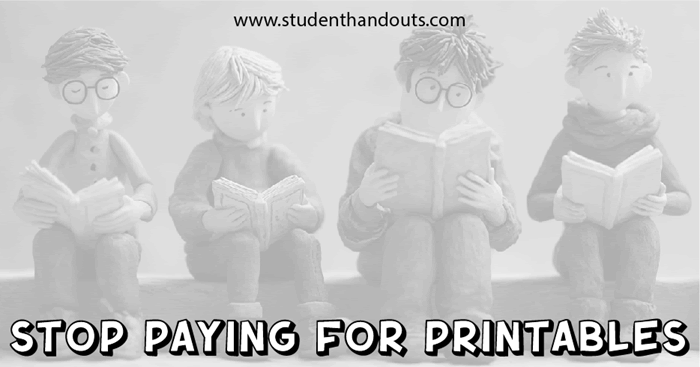 |
| www.studenthandouts.com > Printable Texts > Printable Fiction |






